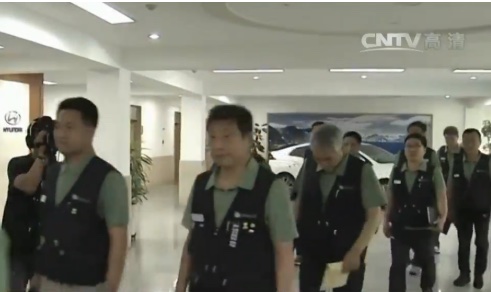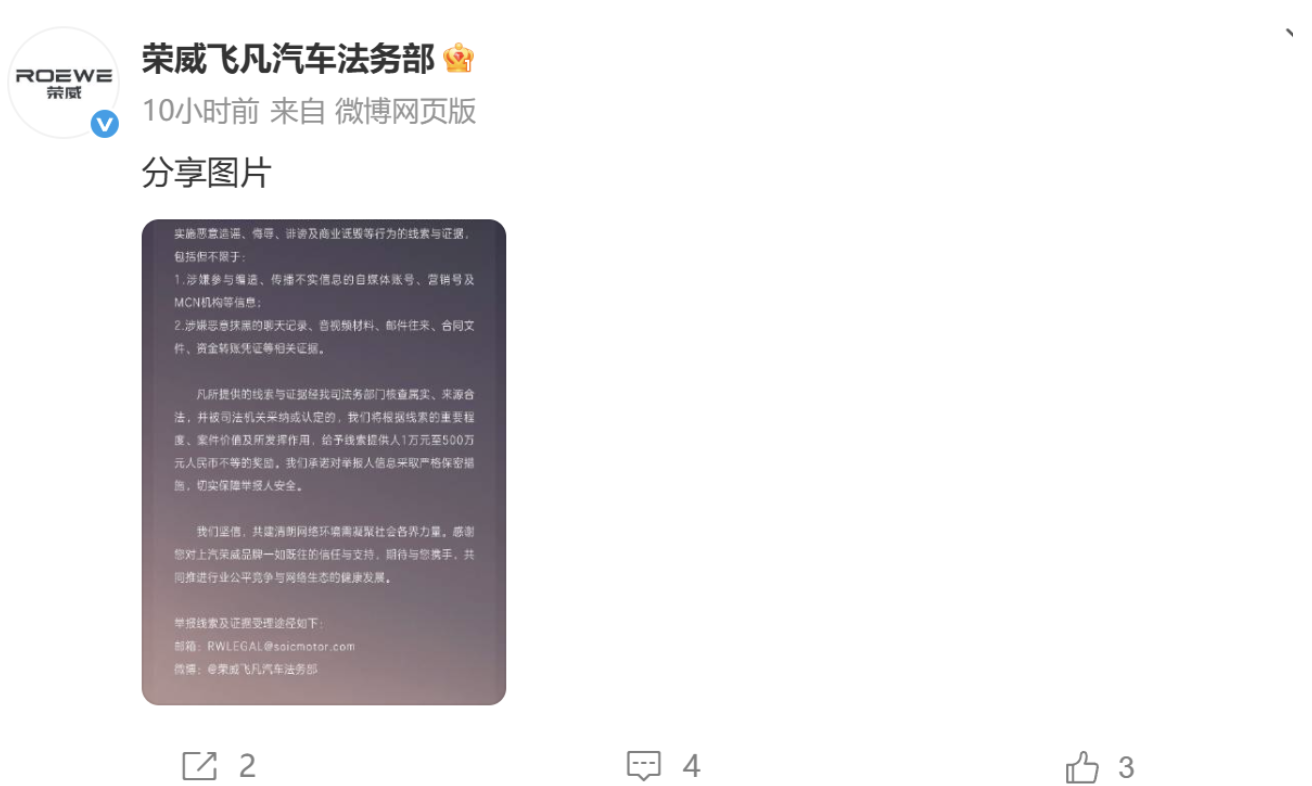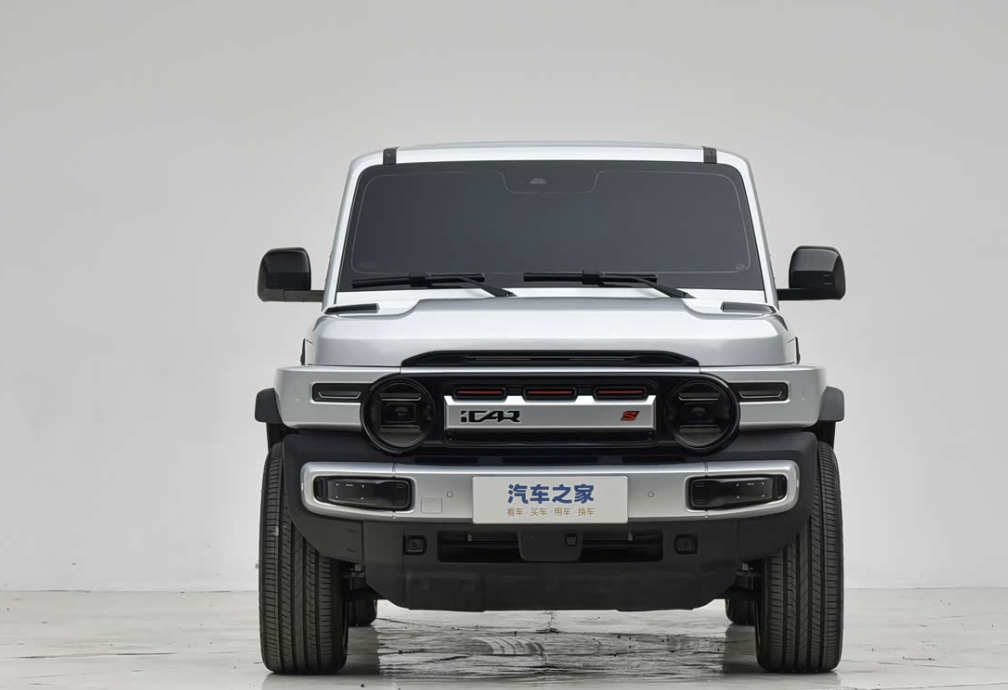According to media reports, on September 3, the Hyundai Motor Union announced the launch of a three-day partial strike, marking the first strike action by the group in nearly seven years. The union has organized 42,000 members to conduct phased work stoppages at major factories in Ulsan, Jeonju, and Asan. On September 3 and 4, workers in the morning and evening shifts will strike for two hours each, primarily impacting production lines for electric vehicles such as the IONIQ 5, IONIQ 6, and Genesis models. On September 5, there will be a four-hour strike, affecting the assembly lines of Hyundai’s main models, including the Elantra and Santa Fe.
This strike stems from the failure of 20 rounds of negotiations between labor and management, which failed to achieve substantial progress. The strike was strategically launched at factories producing high-profit models to maximize the impact on the company’s profits.
Since June 2025, the Hyundai Motor Union and management have held 20 rounds of talks over issues such as salary and benefits, but have been unable to reach an agreement. The union’s core demands include a monthly base salary increase of 141,300 KRW, a request for 30% of the company’s net profit in 2024 as a performance bonus, the implementation of a 4.5-day workweek to improve work-life balance, an increase in the retirement age from 60 to 64 in line with the national pension system, an increase in holiday bonuses, and the inclusion of certain allowances in the base salary. Hyundai, on the other hand, initially proposed a limited pay increase due to “US tariff pressures” and the “slowing demand for electric vehicles.” However, as the strike raised the risk of supply chain disruptions, Hyundai gradually raised its offer. Eventually, the company proposed a salary increase of 98,000 KRW, a bonus equivalent to five months’ salary, and a cash reward of 9.6 million KRW in exchange for suspending the strike. On August 25, 2025, the union held a strike vote, with 86.15% of the voting members supporting the strike. The Korea Labor Relations Commission subsequently ended mediation and confirmed the union’s legal right to strike.
The strike primarily focuses on disagreements over bonus payments. The union believes that the company’s bonus distribution is unfair and does not adequately consider the workers’ efforts and contributions. Meanwhile, management has its own considerations, rejecting some of the union’s demands under the justification of “US tariff pressures” and “slowing demand for electric vehicles.” This disagreement has spread from the negotiation table to actual actions, causing what was once a harmonious labor-management relationship to become tense and adversarial.
The Hyundai Motor Union was founded in 1987 and has experienced frequent strikes. Except for the years 1994, 2009, 2010, and 2011, Hyundai Motor workers in South Korea have gone on strike every year. In 2007, due to overdue bonuses and a management corruption scandal, the union launched a large-scale demonstration, with workers surrounding the headquarters and confronting the police. The issue was eventually resolved with Hyundai compromising and issuing back pay. The most impactful strike occurred in 2012, when the union went on strike for 44 days, resulting in a reduction of 82,000 vehicles and an economic loss of 1.7 trillion KRW. The company ultimately settled the issue with significant salary increases and bonus plans.
The process of Hyundai Motor workers’ strikes is essentially a struggle between labor and management over profit distribution, industry transformation, and social equity. Strikes are not only a means for workers to fight for their rights but also a critical opportunity for companies to respond to market competition and adjust their strategies. In the future, as the automotive industry moves towards electrification and automation, similar labor disputes may become more normalized, with the specific form and outcome of strikes depending on the willingness of both sides to compromise and the changes in the external economic environment.



